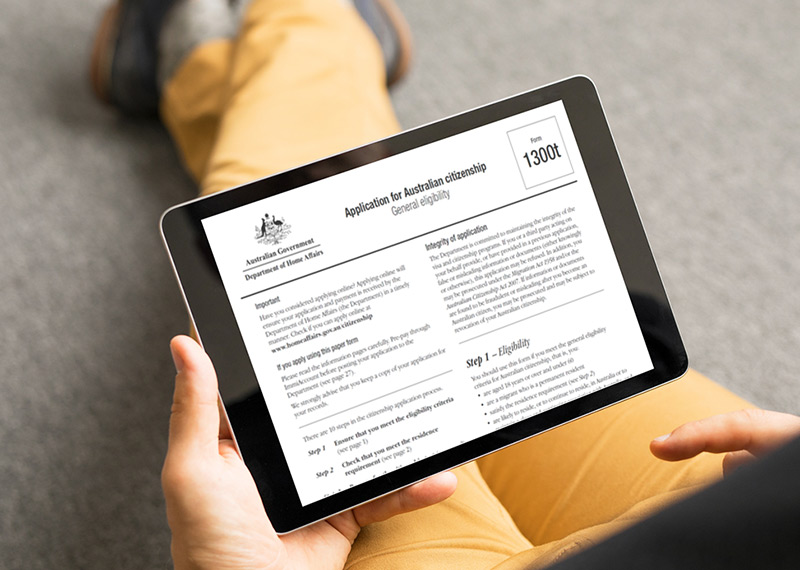Browse our range of reports and publications including performance and financial statement audit reports, assurance review reports, information reports and annual reports.
This page lists completed performance audit reports. View all performance audits in-progress.
The audit is a follow-up to Audit Report 12, 1995-96 Risk Management by Commonwealth Consumer Product Safety Regulators. The objectives of this follow-up audit were to determine the extent to which ANZFA had implemented the agreed recommendations contained in the 1995 Audit Report, and to determine the effectiveness of the implemented recommendations in improving food safety regulation.
This report is the second in a series of reports to be tabled at six-monthly intervals. It summarises the audit and other activities of the ANAO in the period July to December 1997.
Aviation traffic data plays an important role in informing decisions about the safety of the airways system, including such matters as the need for navigation facilities, communication links, air traffic control towers and rescue/fire fighting services. The objective of the limited scope audit was to examine the accuracy of the data on air traffic movements collected by Airservices Australia.
This report is an information document summarising the audit activities of the ANAO in the period January to June 1997.
The main objectives of the audit were to examine and form an opinion on:
- the efficiency, economy and administrative effectiveness with which the Commonwealth planned and coordinated implementation of the gun buy-back scheme;
- the management of firearms surrender and destruction in the Australian Capital Territory by the Australian Federal Police; and
- the management of the competitive tendering process for the national public education campaign.
Audit criteria were developed which examined program policy and planning, coordination with and payment of funds to the States.
The objective of the audit was to examine the efficiency of the processing of applications for citizenship by conferral by the Department of Home Affairs.
Please direct enquiries through our contact page.
The audit reviewed fraud control arrangements in the Department of Employment, Education, Training and Youth Affairs. The objective of this audit was to establish whether the Department had developed a sound fraud control framework by examining the arrangements for: · policy and planning; · performance assessment; · quality assurance; and · training and awareness raising.
This report has been prepared in response to a resolution of the Senate on 8 December 1994 which referred certain matters relating to the possible sale of ANL Ltd to the Senate Finance and Public Administration References Committee. The resolution directed the Committee to consider a report from the Auditor-General and drew the Auditor-General's attention to a range of specific issues and questions.
The objective of the audit was to assess the effectiveness of the Department of Human Services' arrangements for engaging and managing External Collection Agencies to recover debts arising from Centrelink payments.
Please direct enquiries relating to reports through our contact page.
The objective of the audit was to assess the effectiveness of the Department of Human Services' (DHS) administration of the shopfront co-location of DHS services.
Please direct enquiries relating to reports through our contact page.
